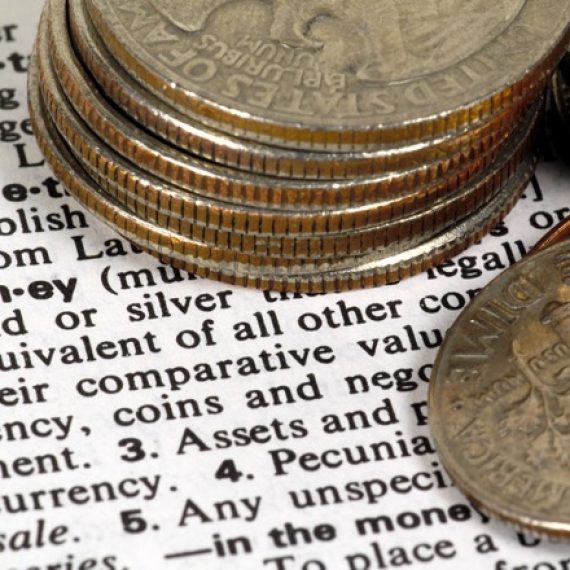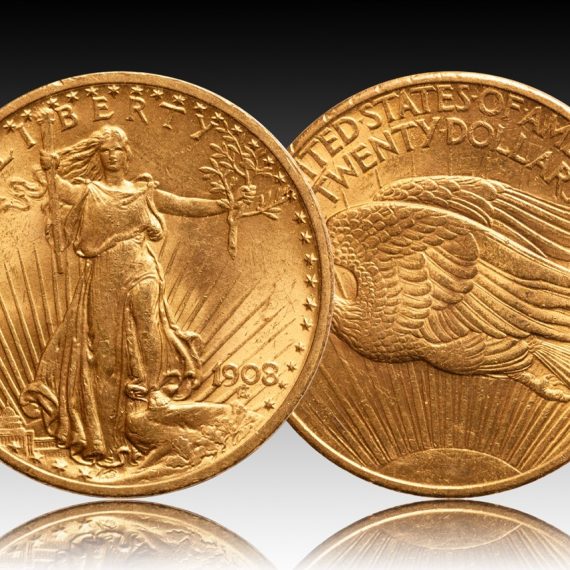June 3, 2010 – Icelanders voted in a referendum to address their debt problem. Germans have a problem too, but they are voting with their pocketbook. They are dumping the euro and buying physical gold, the demand for which is soaring in Germany.
The problem Germans face is a broken promise. Despite all the rhetoric and assurances that it would be a prudent and wise monetary authority, the European Central Bank is not managing the euro in the judicious way the Bundesbank managed the Deutschemark. Most importantly, in stark contrast to the steadfast independence from government influence that marked Bundesbank decisions, it is now clear that the ECB is controlled by EU politicians.
After repeated promises not to buy government bonds, the ECB recently announced that they would buy government bonds, obviously bowing to pressure from political leaders. Germans of course know from hard-learned experience the consequences of this foolhardy policy – the currency is debased. It loses purchasing power, which lowers the demand for the currency, which in turn means more lost purchasing power. It is a vicious circle, and the euro is now caught in the middle.
The ECB put the euro into this maelstrom and is itself now being inexorably pulled down into it. According to Der Spiegel: “The ECB already has about €25 billion of Greece’s mountain of debt on its books, and it is adding another €2 billion a day, on average.” There is no exit for the ECB from this paper that no one else wants. In the words of Der Spiegel: “The truth is that good money is being paid for bad debt.”
As a consequence, Germans are taking the advice of George Bernard Shaw to heart: “You have to choose between trusting to the natural stability of gold and the natural stability of the honesty and intelligence of the members of the Government. And, with due respect for these gentlemen, I advise you, as long as the Capitalist system lasts, to vote for gold.” Given the dubious outlook for the euro, it is good advice.



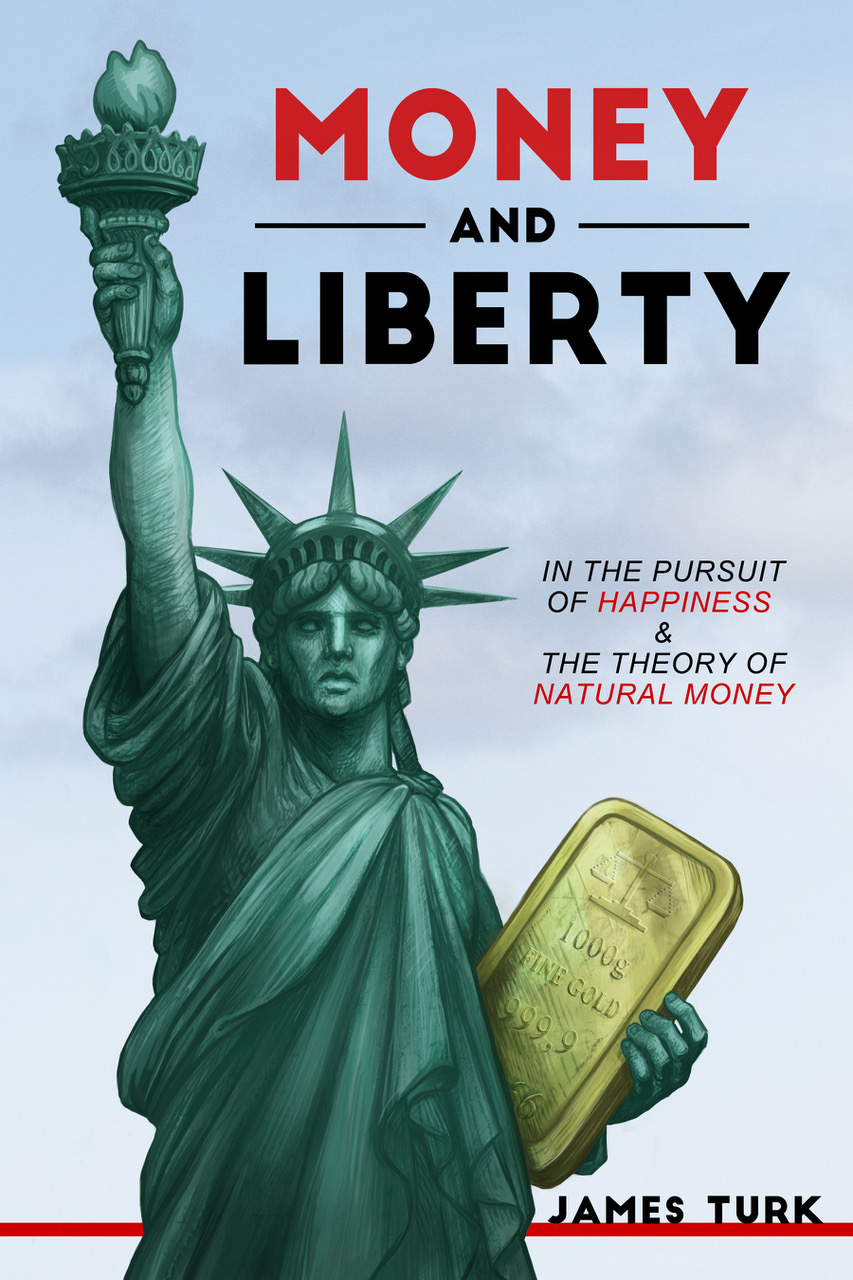
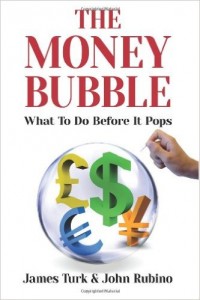
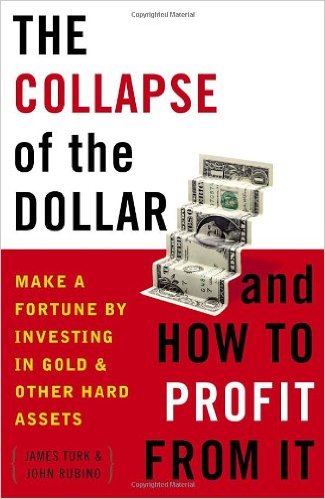
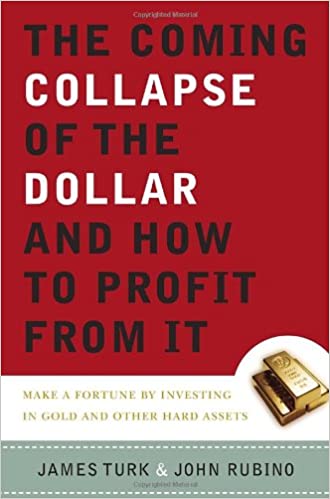
 My objective is to share with you my views on gold, which in recent decades has become one of the world’s most misunderstood asset classes. This low level of knowledge about gold creates a wonderful opportunity and competitive edge to everyone who truly understands gold and money.
My objective is to share with you my views on gold, which in recent decades has become one of the world’s most misunderstood asset classes. This low level of knowledge about gold creates a wonderful opportunity and competitive edge to everyone who truly understands gold and money.